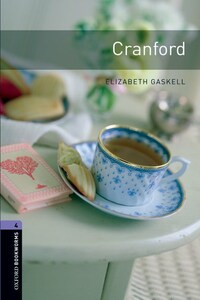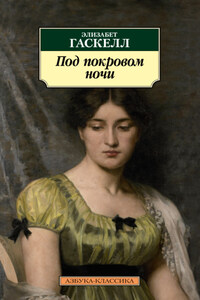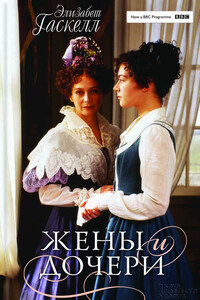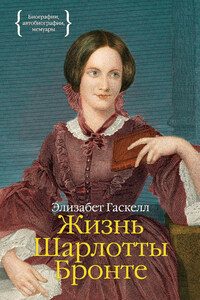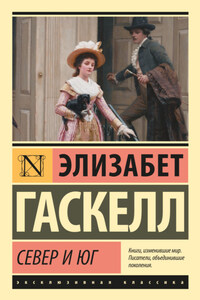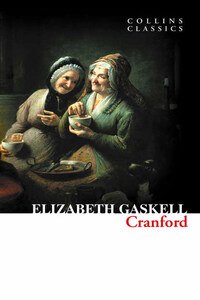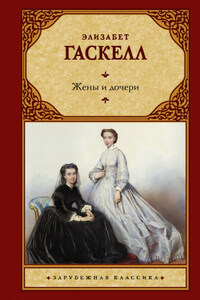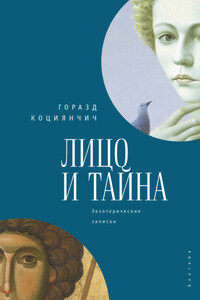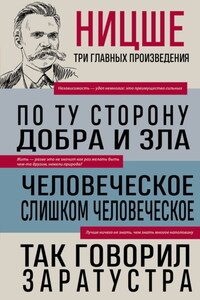In Cranford nobody is very rich, but you must not talk about being poor. Indeed not! That would be a very vulgar thing to do. And in Cranford it is important not to be vulgar. At the Honourable Mrs Jamieson’s evening parties there is only thin bread-and-butter (expensive food would be vulgar), and Miss Deborah Jenkyns is extremely cross when Miss Jessie Brown talks openly about her shopkeeper uncle. An uncle in trade! What horror!
The rules of society were different 150 years ago, but people stay the same. The ladies of Cranford are just like people in any age. They can be sad, happy, proud, brave, angry, jealous – and very kind. When dear, gentle Miss Matty is in trouble, everybody wants to help her. And though there are many sadnesses in Miss Matty’s life, there is also a very happy surprise waiting for her …
Great Clarendon Street, Oxford OX2 6DP
Oxford University Press is a department of the University of Oxford. It furthers the University’s objective of excellence in research, scholarship, and education by publishing worldwide in
Oxford New York
Auckland Cape Town Dar es Salaam Hong Kong Karachi Kuala Lumpur Madrid Melbourne Mexico City Nairobi New Delhi Shanghai Taipei Toronto
With offices in
Argentina Austria Brazil Chile Czech Republic France Greece Guatemala Hungary Italy Japan Poland Portugal Singapore South Korea Switzerland Thailand Turkey Ukraine Vietnam
OXFORD and OXFORD ENGLISH are registered trade marks of Oxford University Press in the UK and in certain other countries
This simplified edition © Oxford University Press 2008
Database right Oxford University Press (maker)
First published in Oxford Bookworms 1997
2 4 6 8 10 9 7 5 3 1
No unauthorized photocopying
All rights reserved. No part of this publication may be reproduced, stored in a retrieval system, or transmitted, in any form or by any means, without the prior permission in writing of Oxford University Press, or as expressly permitted by law, or under terms agreed with the appropriate reprographics rights organization. Enquiries concerning reproduction outside the scope of the above should be sent to the ELT Rights Department, Oxford University Press, at the address above
You must not circulate this book in any other binding or cover and you must impose this same condition on any acquirer
Any websites referred to in this publication are in the public domain and their addresses are provided by Oxford University Press for information only. Oxford University Press disclaims any responsibility for the content
ISBN 978 0 19 479167 0
ACKNOWLEDGEMENTS
Illustrated by: John Holder
Word count (main text): 15,015 words
For more information on the Oxford Bookworms Library, visit www.oup.com/bookworms
e-Book ISBN 978 0 19 478641 6
e-Book first published 2012
The first thing to say is that Cranford is held by the ladies. They rent all the best houses. If a married couple comes to live in the town, the gentleman soon disappears from sight. He is either frightened away by being the only man at the Cranford evening parties or he is at his business all week in Drumble, twenty miles away by train.
Anyway, what is there for a gentleman to do in Cranford? The town already has a doctor, and the ladies manage everything else perfectly well themselves. They keep the gardens tidy and their maid-servants busy. They have opinions on every important matter without troubling themselves with unnecessary reasons or arguments. They know exactly what everyone in the town is doing. They are kind to the poor and, usually, very kind and friendly to each other.
‘A man,’ as one of them said to me once, ‘is terribly in the way in the house!’
The Cranford ladies are not fashionable, and they prefer the old ways. When I lived there, they had exact rules for visiting, which they explained most seriously to any young people who came to stay: ‘Our friends have asked how you are, my dear, after your journey. They are sure to call on you the day after tomorrow, so be ready to receive them from twelve o’clock. From twelve to three are our calling hours.’
Then, after the friends had called: ‘Always return a call within three days, my dear. And never stay longer than a quarter of an hour.’
The result of this rule, of course, was that nothing interesting was ever discussed. We talked about things like the weather, and left at the right time.
One or two of the Cranford ladies were poor, I imagine, but they tried to hide it, and the others kindly helped. When Mrs Forrester gave a party and her little maid had to get the tea-tray from under the sofa on which we sat, everyone just went on talking. And when Mrs Forrester pretended she did not know what cakes were on the tray, no one looked surprised. But we knew, and she knew that we knew, and we knew that she knew that we knew, that she had made the cakes herself that morning.
In fact, the Cranfordians thought it was ‘vulgar’ (a favourite word) to give anything expensive to eat or drink at their evening parties. Thin bread-and-butter was all that the Honourable Mrs Jamieson gave – and
